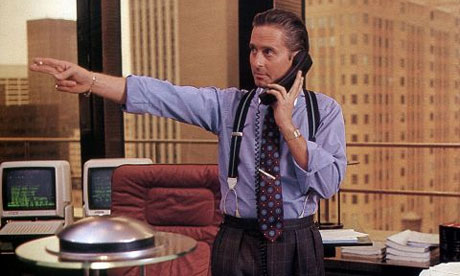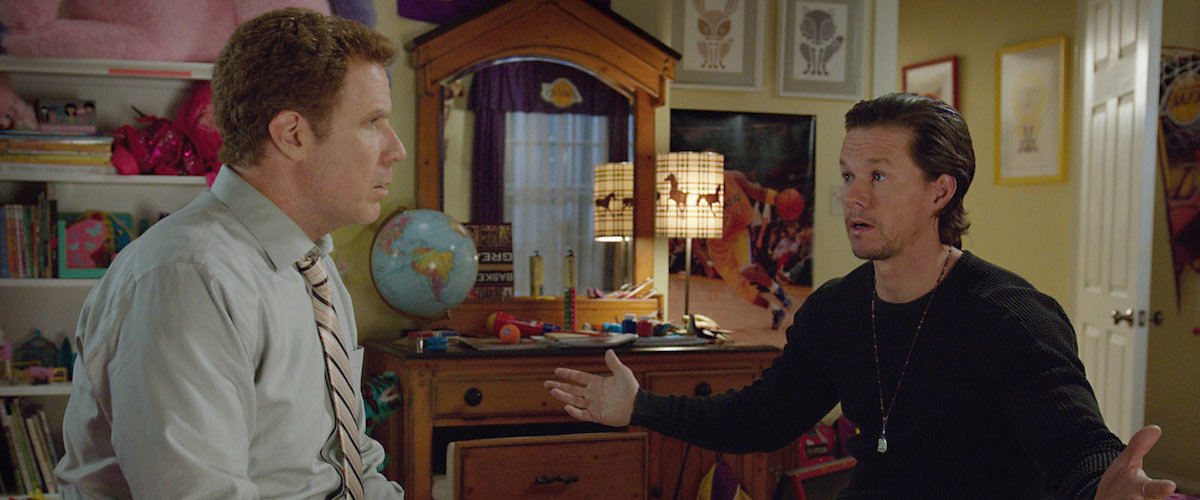
Directed by: Ericcson Core
Starring: Mark Wahlberg, Greg Kinnear, Elizabeth Banks
I don't know if it's commendable or pathetic that the Philadelphia Eagles held open public tryouts following its dismal 1975 season in hopes of finding new players. New head coach Dick Vermeil (Kinnear) found a diamond in the rough in 30ish substitute teacher/bartender Vince Papale (Wahlberg) who ultimately landed a spot on special teams. This should be the actual ending of the movie. nstead, Invincible continues and tries to find an even happier conclusion in Papale's play. Most special teamers are anonymous grunts who endure the most brutal hits and the least fame. It is not a sexy position and there is little glory to be had. The best the filmmakers could come up with is Papale's recovery of a muffed punt which he runs in for a touchdown.
This sounds like an uplifting moment. However, anyone familiar with the rules of football knows muffed punts can not be advanced by the recovering opponent, so this touchdown isn't a touchdown. The movie hopes you don't know the rules and you fight back tears as Papale celebrates his touchdown with an overwrought, swelling score. This is like hitting a foul ball with home run distance. It looks good and your heart soars for a second, but it is ultimately meaningless.
The best parts of Invincible are the look and feel of mid-1970's South Philly. The movie does a very good job of placing us in this time and place. The story of Papale is intrinsically watchable. Let's face it. How often do we see an everyman land a spot on a professional sports team? His would-be teammates make it hard on him; bullying the young man at every turn until he wins their respect after getting the tar knocked out of him for the hundredth time. I suppose these guys never thought how they would handle it if Papale actually, you know, made the team. Their newfound respect for him after treating him like crap for weeks rings false.
Mark Wahlberg is physically convincing as Papale, but he does not exhibit the personality the real-life Papale has shown in interviews. The real Papale is personable and outgoing. Wahlberg's Papale is so reticent and quiet that there are times he seems exhausted rousing himself to the level of audible speech. Elizabeth Banks plays Janet, a fellow bartender who falls for Papale days after his wife leaves him. Vince's wife's departure is never mentioned again. It simply cleared the way for Janet to enter his life. Banks is much more sunny and personable. She is also a New York Giants fan, which draws out boos from the drunken clientele. I don't know if her Giants fandom is a fact or just a device thrown in there to show how "passionate" Eagles fans are by ripping on her.
Many of the shots of the now demolished Veterans Stadium and its crowds are CGI. Back in 2006, it was state of the art, but now it looks cheesy. That is to be expected when using CGI. The filmmakers should have held tryouts for people to play the fans. It probably would have been too expensive. I liked Greg Kinnear as Vermeil, who is a strong, assertive coach with a soft spot in his heart for the underdog Papale. He tells his wife that it is a hard decision to choose between Papale and another player to fill the final roster spot. His wife's response, "I think you've already made your decision then." Kinnear does not look or sound like Vermeil, but he sure has the gravitas of an NFL coach.
What Invincible does, it does well. When it stumbles, it is very noticeable. People like underdog stories like Invincible or Rocky because they explore the possibility of one of their own suddenly achieving immortality. Vince Papale is no one's idea of a Hall of Famer, but he got to live a dream that almost no one in his position ever could. Plus, it beats substitute teaching.











